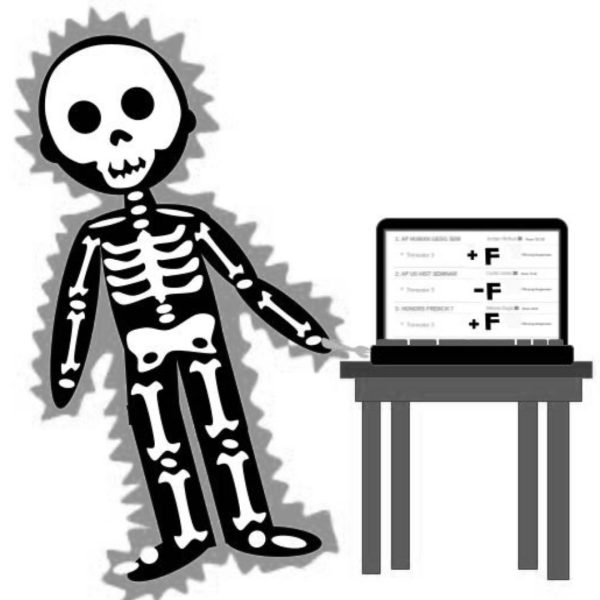The glamorizing of wicked people

With the latest hit Netflix show Dahmer, the controversial topic of romanticizing serial killers once again becomes the talk of the town. All over social media, there are people romanticizing serial killers, mostly Ted Bundy and Jeffrey Dahmer, due to their hit show and movie.
When Hollywood casts an actor, people think is attractive as a serial killer, it causes people to disregard the actions of a character based on a real person and focuses on the fact that they’re being played by an attractive actor. When asked about this editorial, a student turned around and said “but Evan Peters is hot,” which is true, but it displays how casting someone we find attractive can take attention away from what the show should really be about.
Not to mention the hurt that the victim’s families must feel when they see people thursting over someone portraying their loved one’s murderer. I would be crushed if my loved one was taken from me and people defend a murderer because of the romanticization towards the killers.
Some might argue the actors are just playing a role, that they are not actually serial killers; therefore, it’s not wrong if you find them attractive. But when conventionally attractive actors like Zac Efron and Ross Lynch are portraying serial killers, it normalizes the angle that serial killers are desirable instead of focusing on their disturbing nature. These people the actors are portraying have done unspeakable acts to innocent people, which should not be praised nor normalized.
The fact that the killers actually were attractive is a reason they were not stopped during their prime. Ted Bundy was seen as charismatic and many could not believe he was behind the disappearance and murders of those girls. The fact those girls were drawn in by his trickery and charm, emphasizes the hesitation people felt when questioning someone they find attractive.The romanticization of serial killers has been a new trend that seems to have underlying effects of the past.
I enjoy editing and writing for the Pop Culture page and writing for the Feature page. Some of my interests are reading, watching “One Tree Hill”,...


